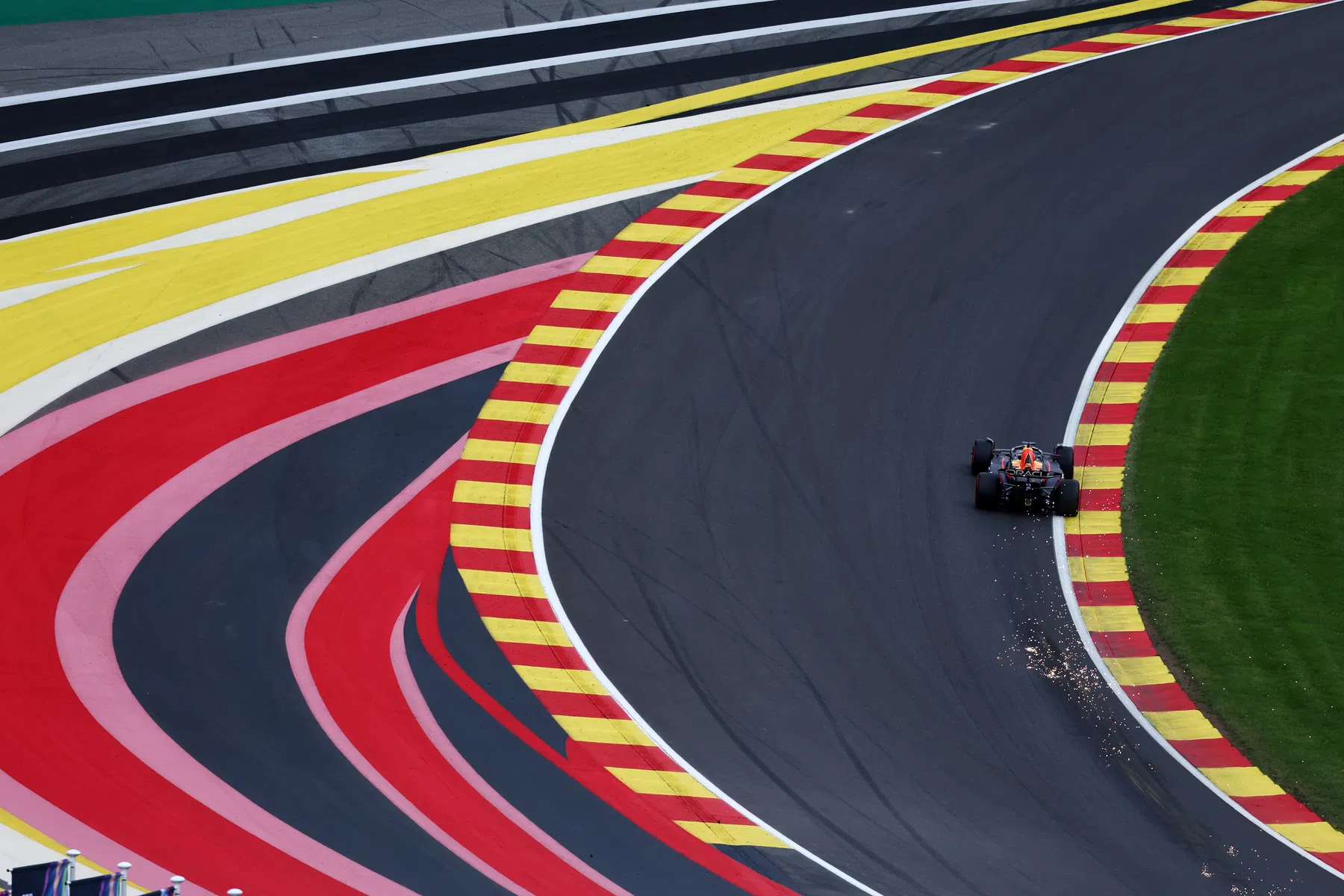Why the Belgian Grand Prix is wise to rotate with the Netherlands
General

- Ludo van Denderen
There is nothing at all wrong with ambition. But always wanting to go for the top prize, as the Spa-Francorchamps circuit management is now doing, is not necessarily smart. In fact, they want nothing to do with a rotation system, with the Belgian and Dutch Grand Prix alternating each year. In the coming seasons, Spa wants to organise a Grand Prix every year; logical, but whether it is wise is another question.
With more cities wanting to host a Formula One race and the limited number of spots on the calendar, Formula One Management (FOM) is toying with the idea of rotating some of the races: one year on, the other off. The Dutch Grand Prix is, in principle, not unwilling to do this, but the Belgian race—which is nominated to alternate with the Netherlands—apparently is not.
Fee for Spa increases
Vanessa Maes, the circuit's director, announced in the run-up to the Grand Prix that she was keen to extend the contract for several years and without rotation. Whether FOM can agree to those terms depends entirely on the fee Spa is willing to pay for hosting Formula 1. It is no secret that the Belgians paid a lower fee than many other circuits on the calendar for years. FOM wants to put an end to that. Over two years, the fee will rise by €5 million - from €23.5 million last year to €25 million in 2024 and €28 million in 2025. Fees are expected to rise further for 2026 and beyond.
Coughing more is hard for the loss-making organisation. Somehow, Spa has to recoup that money. To date, taxpayers' money has been used to plug the holes in the budget, and that is intended to continue in the future. However, the question is how long this can be explained to the population in tough financial times for everyone. No doubt there are plenty of spending targets—poverty alleviation and infrastructure, to name a few—that could make good use of the Spa Grand Prix money.
Little margin on ticket prices
Another way for the circuit management to break even is by increasing ticket prices and refreshments. Belgium is among the most expensive races in Europe regarding ticket prices, and you have to bring a lot just for a sandwich or a beer these days. There is not much margin upwards anymore. That may already be evident this year. The Grand Prix - to be held in just over two weeks' time - is not currently completely sold out (where it was at this time a year ago).
Even more expensive tickets could just cause fewer people to come to the Belgian GP, further widening the gap in the already shaky budget and thus demanding an even greater sacrifice. Moreover, Spa has the necessary competition from the Dutch Grand Prix, which is also a rather expensive race. F1 fans can only spend their pennies once. If they have to choose, then the Dutch probably prefer to do so at the Dutch Grand rather than the Belgian equivalent. This year has already shown that the Dutch are no longer the majority at Spa.
It would be smart for Vanessa Maes and her colleagues in the circuit's management department to agree to a rotation system. In that case, there would probably be no competition from the Dutch—after all, you rotate with them—and besides, the government would only have to transfer millions every other year. It would be a win-win situation, then.